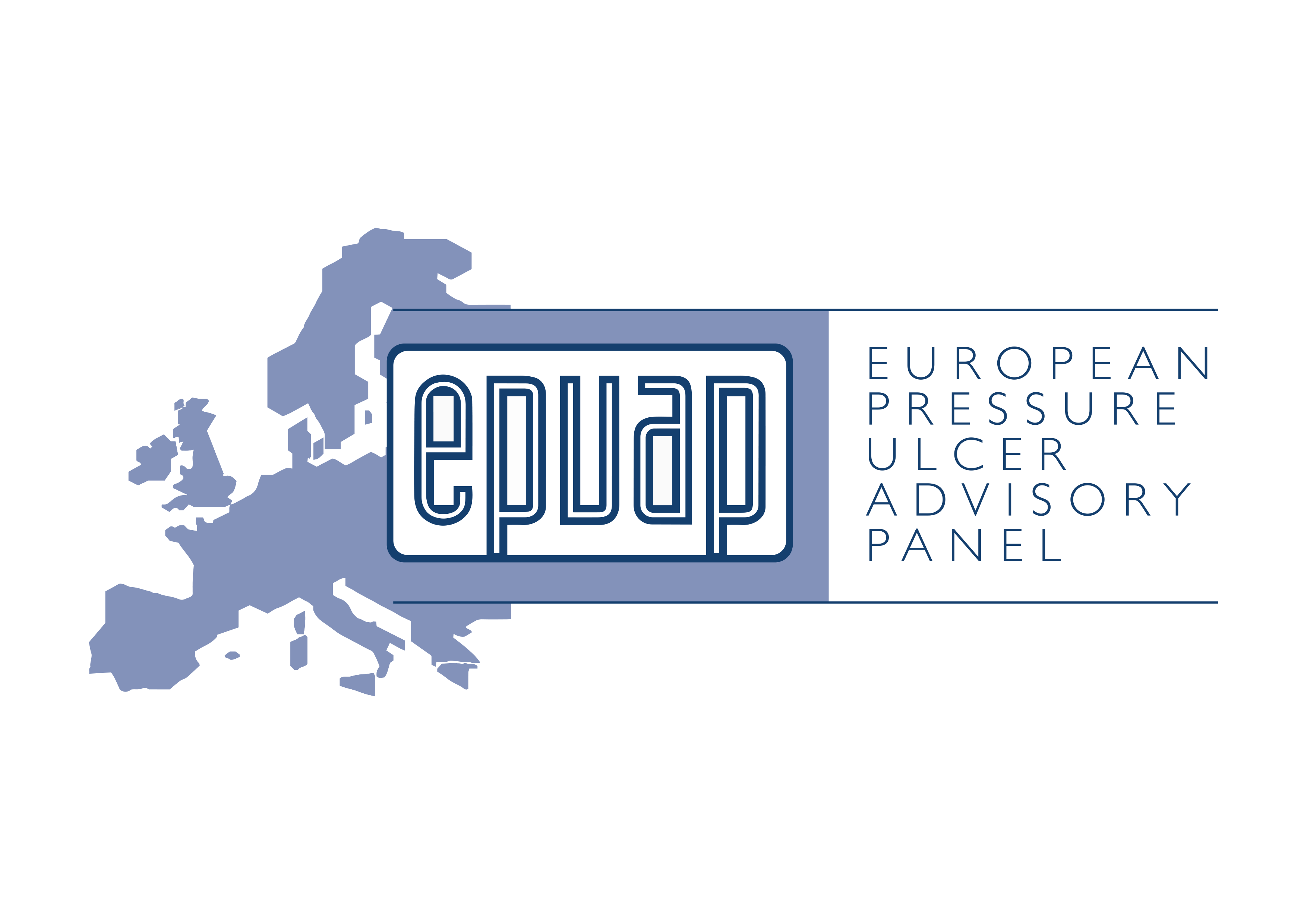Supported special sessions
Lunch session: Natural wound care workshop
Chairs: Tom O’Connor, Pete Worsley
Speakers: Guido Ciprandi, Renato Colognato
When: 13th September, 12:15-13:15
Where: Breakout room #1 / Bury theatre
The antibiotic resistance is currently a largely discussed topic of social concerns. There is an urgent need to solve this medical and social issue and to scientifically validate researches aiming to find valid clinical alternatives. During the last decades, a lot of interest by the scientific community has been given to phytochemical and bioactive natural compounds that were able to show interesting clinical data in favor of their usage has alternatives to antibiotics in different medical fields. One third of the world’s population has no access to medical treatments, neither to advanced dressings. On the other hand, wounds affect more human beings, and therefore the knowledge of the widest spectrum of possible treatments is mandatory. The Natural wound care workshop will focus the attention on the scientific state of the art of natural products – plants, herbs, fungi, and animals (larvae) – in the wound clinical management. Traditional Chinese, Tibetan, African, Latin americans, native americans and European remedies for treating wounds will be presented.
Part one: Rigenoma and Ozoile
The role of Stable-Ozonides in regenerative wound healing for pressure ulcers: how to use only-natural ozone-olive oil products from ERBAGIL Technology.
Part two: Intact Fish Skin Graft
How to rebuilt lost soft tissue in pressure ulcers using a biocompatible biodegradable skin substitute.
Part three: Honey, a multifaceted solution for pressure injuries care in all ages
What’s new and new trends:
from INTEGRA Life Sciences and MESITRAN
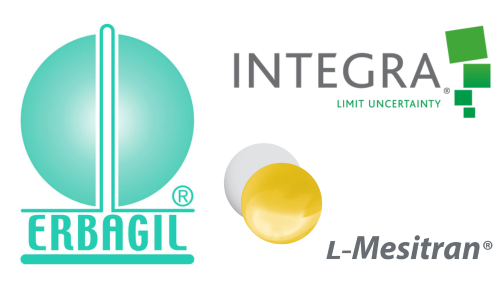
Elsevier sponsored guest session: Writing of scientific papers
Chairs: Declan Patton, Alison Porter-Armstrong
When: 14th September, 09:00–10:20
Where: Breakout room #1 / Bury theatre
- Introduction by Prof. Declan Patton, RCSI, Ireland
- Publishing your PhD: Hints, tips and personal experiences; Dr. Clare Greenwood, Leeds Teaching Hospitals NHS Trust, Leeds, United Kingdom
- Where to disseminate your research: Navigating open access, H index and pre-prints; Prof. Peter Worsley, University of Southampton, United Kingdom
- Scientific writing for early career researchers: challenges and advice to getting published; Dr. Silvia Caggiari, University of Southampton, United Kingdom
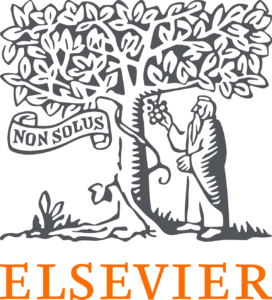
Industry symposia and workshops
Industry symposium 1: Mölnlycke
Multi-disciplinary collaboration: the key to successful pressure ulcer prevention
When: 13th September, 13:30–15:00
Where: Royal Armouries Hall
During this symposium, international experts will discuss the challenges of adopting pressure ulcer prevention (PUP) initiatives in Europe and the obstacles to providing high quality preventative measures and the monitoring of PUs in European countries. By attending this symposium, you will learn more about how these barriers can be overcome and how clinicians can engage with hospital management and health policy makers to get their endorsement and appropriate resource allocation for PUP programmes.
Chair:
Prof. Andrea Pokorná; Full Professor of Nursing and Vice-Dean for Non-medical Study Programme and Information Technologies, Masaryk University, Czech Republic
Panel speakers:
Dr. Michelle Barakat-Johnson; Clinical Lead and Nurse Manager, Skin Integrity, Sydney Local Health District, Australia
Prof. Dimitri Beeckman; Professor of Nursing, Ghent University, Belgium and Professor of Nursing and Deputy Head of the School of Health Sciences, Örebro University, Sweden
Helen Shoker; Lead Nurse, Community Health and Well-being, Coventry & Warwickshire Partnership NHS Trust, United Kingdom
Benedict A Stanberry; Founder & Director of IHLM, Oxford, United Kingdom
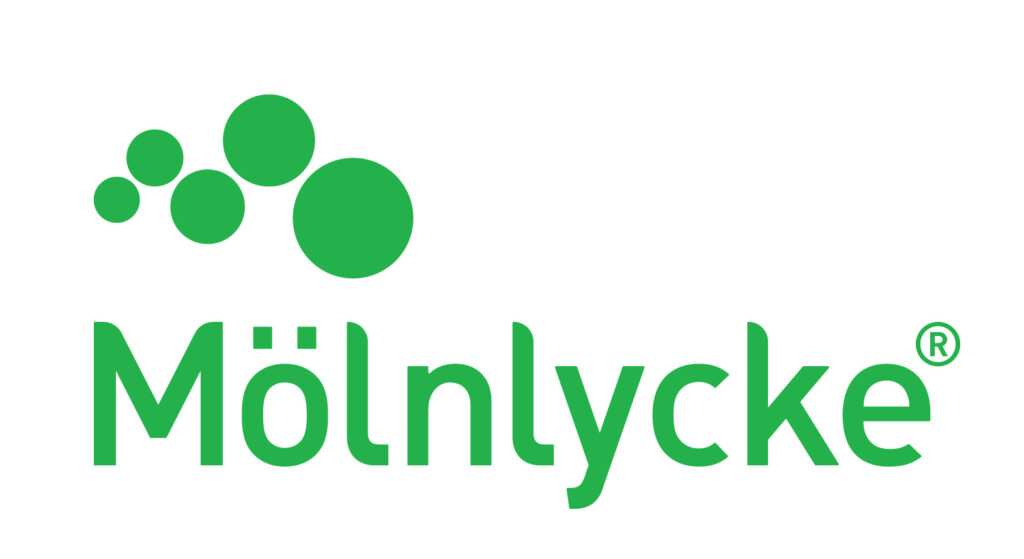
Industry symposium 2: Smith & Nephew
Empowering Success: Effective Strategies for Managing and Preventing Pressure Ulcers
When: 13th September, 13:30–15:00
Where: Breakout room #1 / Bury theatre
This session will support HCPs in developing strategies to treat and prevent pressure ulcers, understand the science behind shear, and how established therapies can be used in innovative ways to support positive patient outcomes.
Chair: Jacqui Fletcher, OBE, MSc Senior Clinical Advisor at NHS England
Talks:
- Who bears the burden of Pressure Ulcers?
Jacqui Fletcher, OBE, MSc Senior Clinical Advisor at NHS England - The science of how to achieve efficacy of a dressing structure in pressure ulcer prevention
Prof. Amit Gefen, PhD, Professor of Biomedical Engineering, The Herbert J. Berman Chair in Vascular
Bioengineering, Vice-Chair, World Council of Biomechanics, Past-President, European Pressure Ulcer Advisory
Panel; Department of Biomedical Engineering, Faculty of Engineering, Tel Aviv University, Israel - The Science Implemented in Clinical Practice
Cristiana Forni, RN, MA, Istituto Ortopedico Rizzoli | IOR • Nursing and Allied Profession research Unit, Italy
Elisabetta Mezzalira RN, MSc, Research Fellow | Department of Diagnostics and Public Health, University of
Verona, PhD Candidate in Nursing and Public Health | University of Rome Tor Vergata - S-NPWT: Innovation in Treatment and Prevention in Pediatric Patients
Guido Ciprandi, MD Responsible for Neonatal and Paediatric Wound Care, UOC Plastic Surgery, Bambino Gesu’
Children’s Hospital, Research Institute – C.R.O., Professor of Wound Care University of Rome “La Sapienza”

Industry symposium 3: Bruin Biometrics
Implementing SEM Assessments: Real-World Insights
When: 13th September, 13:30–15:00
Where: Breakout room #2 / Pearl suite
Chair: Prof. Zena Moore
Talks:
- Why is early detection of pressure ulcer development needed?
Prof. Zena Moore, Professor of Nursing, Head of the School of Nursing & Midwifery, Director of the SWaT Research Centre, RCSI University of Medicine and Health Sciences, Ireland - Real world experience of early detection of pressure ulcers in cardiovascular ICU patients undergoing
prolonged surgeries
Prof. Janet Cuddigan, Nebraska Medical Center, University of Nebraska Medical Center, College of Nursing - Insights on enhanced skin assessment to equitably detect early tissue damage and pressure injuries in adult
patients in the acute care setting
Dr. Joyce Pittman, Associate Professor, College of Nursing, University of South Alabama, Health Sciences - Sharing real world experiences of reduction and prevention of pressure ulcers in a care at home setting
Carolanne Mainland, Director of Operations, Highland Home Carers - SEM Scanner usage on an NHS palliative care unit – the impact and the experience
Bernadette McGlynn, Lead Tissue Viability Nurse, Birmingham Community NHS Foundation Trust
Sally Wright, Clinical Leader, Willow House

Industry symposium 4: DHG
Utilising AI and Advanced Computer Modelling Technology to Automate and Enhance Pressure
Ulcer Prevention: How Dyna-Form® SMARTresponse® Enables Automated Continuous Risk
Assessment and Earlier Intervention to Drive Down Incidence Rates
When: 14th September, 11:00–12:30
Where: Breakout room #1 / Bury theatre
Speakers:
Alison McGrath, Registered Nurse, Clinical Nurse Specialist, DHG
Prof. Amit Gefen, PhD, Professor of Biomedical Engineering, Tel-Aviv University
Join Professor Amit Gefen and Alison McGrath as they discuss and outline how the AI technology in DHG’s Dyna-Form SMARTresponse® pressure ulcer prevention surface can help to address one of the biggest risk factors to driving down pressure ulcer incidence rates: a lack of clinical resources in an already overstretched care workforce. Dyna-Form SMARTresponse® is a nextgeneration hybrid support surface, utilising AI to enable continuous risk assessment and earliest intervention to help reduced pressure ulcer incidence rates.
The session will look to:
- Understand the current situation regarding pressure ulcer incidence rates, including any driving factors behind this
- Understand how technology can play a role in positively influencing these factors
- Visualise the deep tissue influence and protective factors that Dyna-Form SMARTresponse® provides
- Place the Dyna-Form SMARTresponse® into the context of clinical implementation
- Introduce early adopter site data to evidence the clinical- and cost-effectiveness of Dyna-Form SMARTresponse®
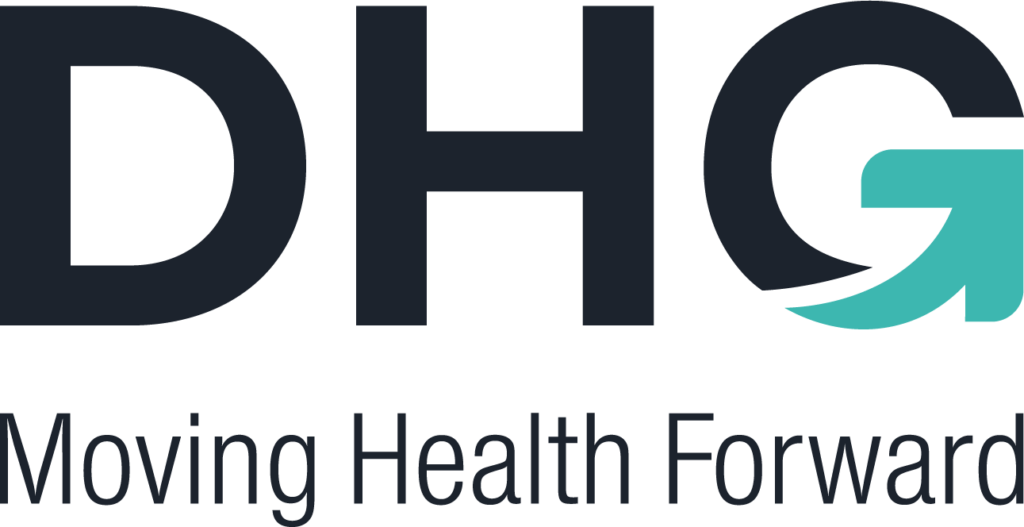
Industry workshop 5: PU Sensor
Identify the real risk of pressure ulcers – bio-optics and AI reduce suffering and cost
When: 14th September, 11:00–12:00
Where: Breakout room #3 / Royal Armouries Hall B
A real revolution in the fight against pressure ulcers:
- Decreased microcirculation increases the risk of pressure ulcers. But it´s not visible on the outside.
- Today’s methods miss most of those who get pressure ulcers.
- PU sensor identifies who has increased risk. Then pressure ulcers can be prevented, suffering reduced and money saved.
Speaker: Johannes Walfridsson, CEO PU sensor AB
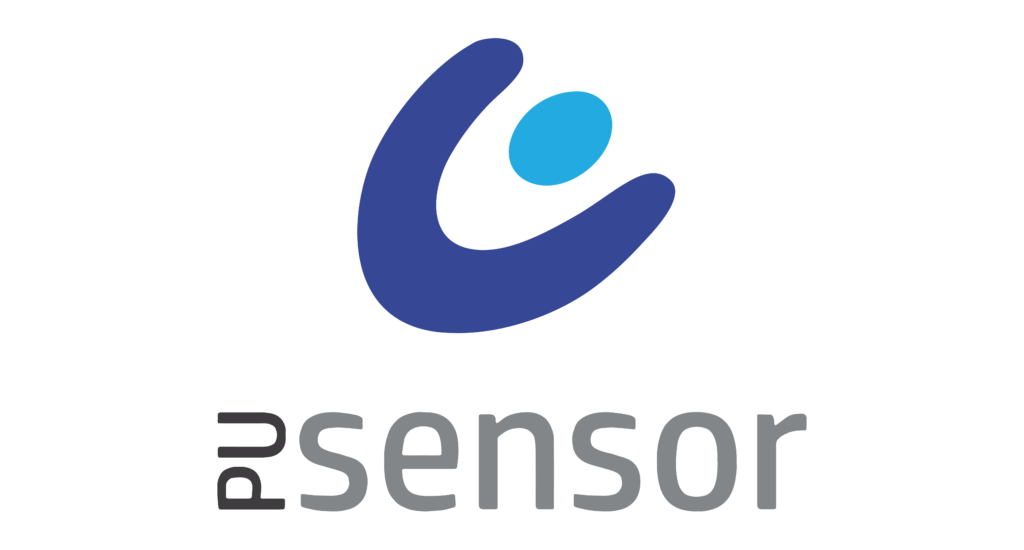
Industry workshop 6: Baxter
Advancing Skin Safety Through Early Mobility and Technology
When: 14th September, 14:55–15:55
Where: Breakout room #3 / Royal Armouries Hall B
Speaker:
Professor Heather Kooiker MSN, RN, CNL, CNOR, CRNFA. Professor of Nursing and Sr. Manager of Global Medical Affairs
Join our Interactive Session
Following the presentation you will have an opportunity for a hands-on demonstration with Baxter’s innovative surfaces, that have been engineered to help prevent and treat patient deterioration to bring improved outcomes for hospitals.

15 September
10:45 – 12:15
ROOM NADIR
Company
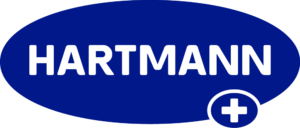
Title
Pressure ulcer treatment & prevention approach in inpatient and outpatient clinics
Speakers/Chairs
- Prof. Amit Gefen, PhD, Tel Aviv University, EPUAP Scientific Committee (chair)
- Dr. Lenka Veverková, PhD, University Hospital St. Anne, Brno, Czechia
- Dr. Tomas Kopal, Dermatology Clinic, Povazska-Bystrica, Slovakia
- Dr. Beata Gress Halasz, PhD, President of the Slovak Society for the Care of Open Wounds (SSOOR), EPUAP Chair of Education Committee
Description
Join us at our symposium to learn about:
- The aetiology of pressure ulcers and how this knowledge should be applied
- Determiners of pressure ulcers formation – Analyses from hospital information system
- The management of exudate in case of Pressure Ulcers
- Pressure Ulcer Management in Slovakia
IMPORTANT
Industry session speakers fixed fee
All speakers must be registered for the conference. Registration, accommodation, and travelling costs must be covered by the company for any invited speaker or chair person.
If the speaker is also an invited speaker at the EPUAP scientific programme or EPUAP Executive Board Member/EPUAP Trustee, the company must pay a fixed fee to EPUAP. The fixed fee covers the speaker’s hotel room for 3 nights, the registration fee, and travel expenses.
The fee is €1,400 for speakers from outside UK and €1,100 for speakers from the UK. If there are more companies inviting the same speaker, the costs will be split evenly between all of them. Companies will be invoiced the fixed fee just before or just after the conference.
EPUAP holds the right to invite speakers until the time of conference and can therefore not provide a full list of speakers during the planning of the event.
